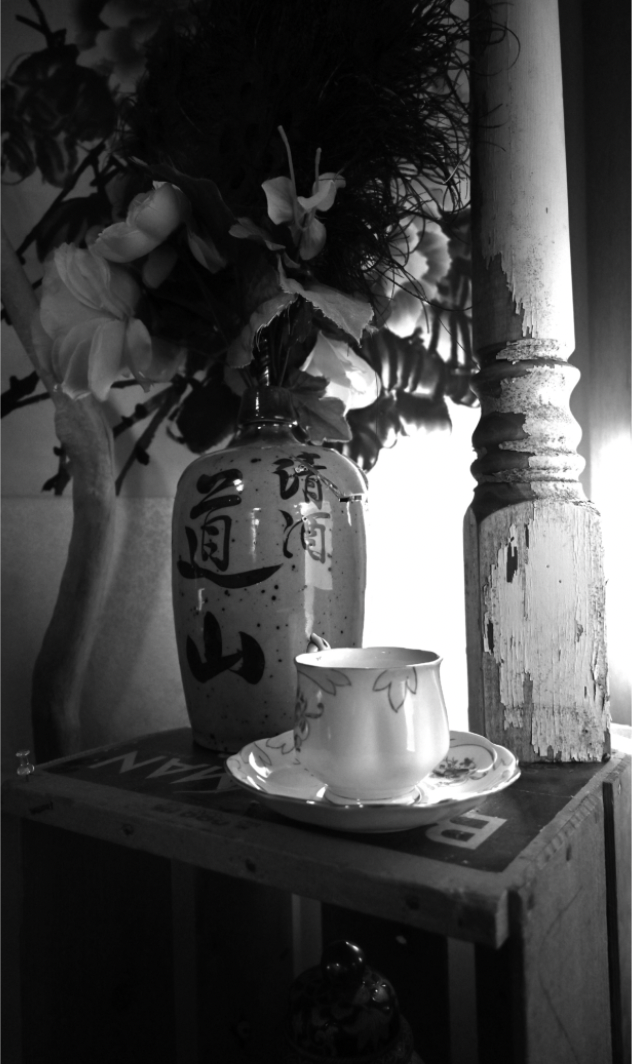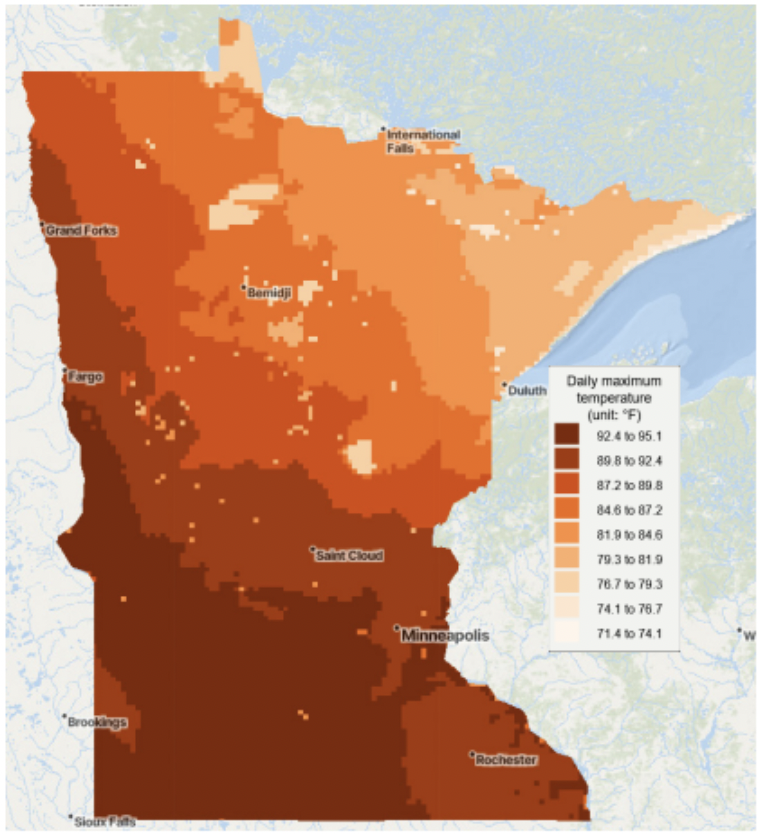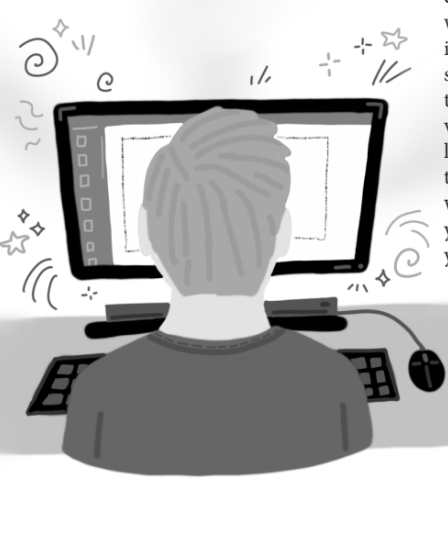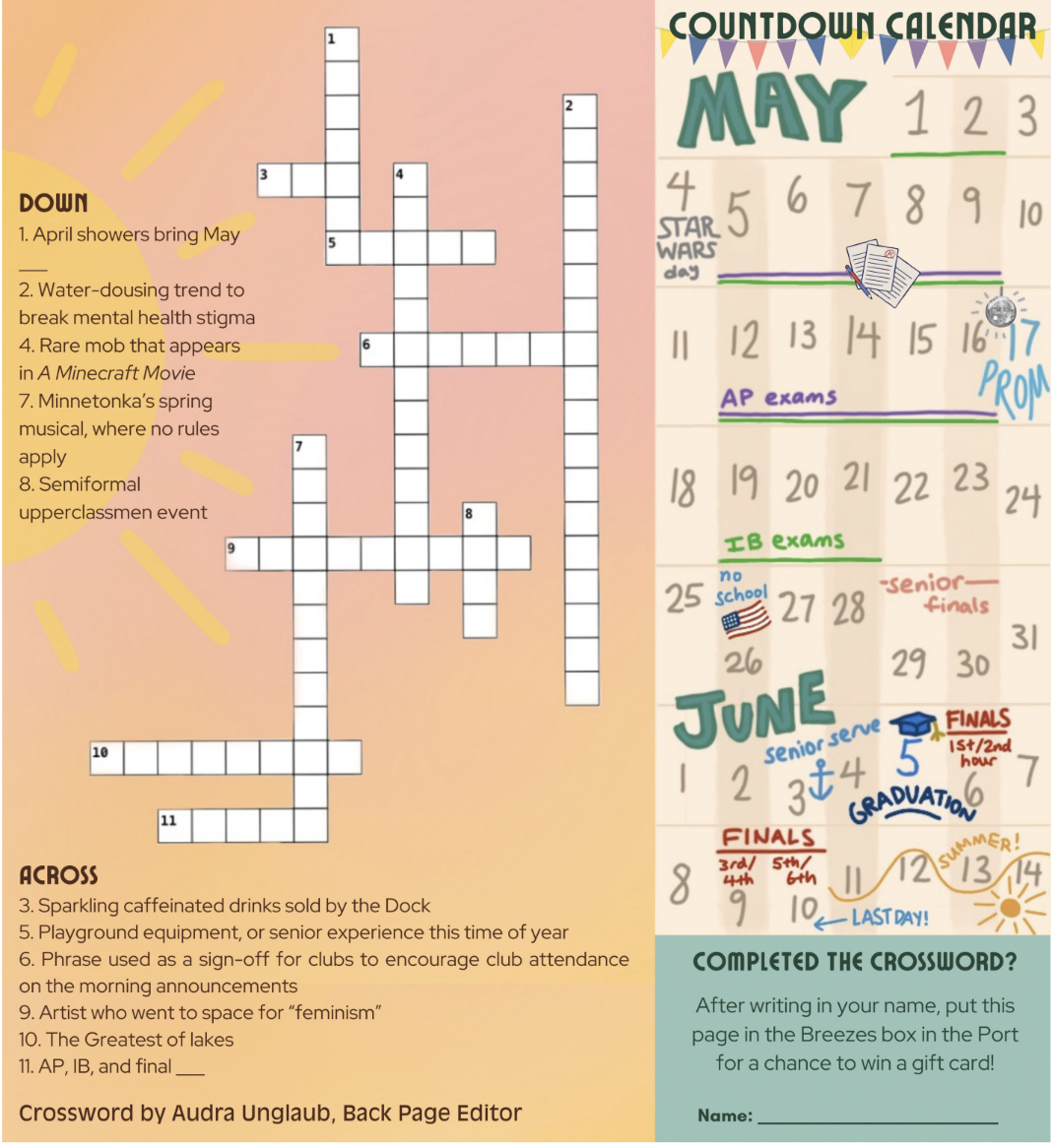What I’ve Learned From Tracking My Mood For 3 Years
May 20, 2022
It was the first day of my sophomore year, and by the time my friends and I got to our AP U.S. History class, we were tired of reading course syllabi and undergoing the traditional first-day-of-school shenanigans. My friend Abra Arora and I joked about how we were exhausted on different levels: Abra was physically exhausted from getting four hours of sleep the night before, and I was mentally exhausted from failing to answer the age-old “What did you do over the summer?” classroom icebreaker question in a succinct, intriguing way for the fifth time that day. Our little conversation quickly spiraled into a discussion about sleep schedules, as Abra was infamous for her irregular sleep schedule and occasional naps during the day, and I was known for regularly getting nine hours of sleep per night, an oddly impressive flex that I sadly didn’t end up maintaining throughout high school.
That day we agreed to challenge ourselves by tracking the number of hours of sleep we got each school night on a spreadsheet that we kept up for the whole school year. We learned that Abra averaged six hours and fifteen minutes of sleep per school night, and I averaged eight hours and 45 minutes per night.
We didn’t draw too many conclusions from our data aside from noticing that one of Abra’s particularly sleepless nights was often followed by a night where she slept for an abnormally long period of time, which isn’t a super nuanced conclusion knowing that one couldn’t reasonably stay awake on caffeine and willpower forever. While we didn’t make too many inferences from our sleep chart, it did inspire me to continue tracking my sleep to this day. For the last two years, I’ve also been tracking my daily mood and writing additional notes on the day’s highlights and lowlights, something I can’t recommend enough and has given me an outlet for self-reflection and insight into what improves my mood.
So what exactly have I learned about myself? First of all, I’ve discovered that sleep doesn’t affect my mood as much as I expected. By creating a scatter plot that compares hours of sleep and mood, I can see an extremely weak positive correlation between sleep and mood, but since the coefficient of determination is so low, I don’t feel like I can claim getting more sleep causes me to have a more positive mood.
From looking at my additional notes, I’ve noticed that spending my day with people I love affects my mood the most. Days where I hang out with friends tend to be my happiest even if we don’t do anything super interesting.
Additionally, days where I try something new for the first time generally get a positive review. In contrast, days where I spend most of my time by myself trying to practice self-care by taking things easy at home tend to be rated relatively low, showing me that I haven’t quite figured out how to get over my inability to relax and recharge by myself. My worst days this school year generally revolved around being sick or injured, like when I fainted during class and when my foot got run over by a car, or worrying about something that I couldn’t control, like college application results.
Interestingly enough, something I’ve noticed is how little academic validation tends to boost my mood. I’ve realized that winning a scholarship, getting a top test score, or performing well at a competition doesn’t really cause me to feel proud of myself unless I genuinely didn’t think I had a chance of performing that well in the first place. As someone who has always strived for academic excellence, seeing how my mood is affected by my academic performance also allowed me to question my perfectionism and work towards disassociating my self-worth with my academic performance throughout high school.
From a statistical perspective, my sleep and mood data isn’t super substantial since quantifying a person’s mood is tremendously arbitrary. However, I think it isn’t necessarily the numbers on my chart that are the most important. Rather, I think giving myself the opportunities to reflect on each day and see patterns in how I react differently in different situations has been the most eye-opening. From my chart, I’ve realized that I’m an extremely community-oriented person that seeks to live in the moment. More importantly, I’ve recognized that I still have a lot of character development left to do. Feeling proud of myself and teaching myself to relax is definitely something that I need to work on, but I can confidently say continuing my sleep and mood chart is a step in the right direction.


























